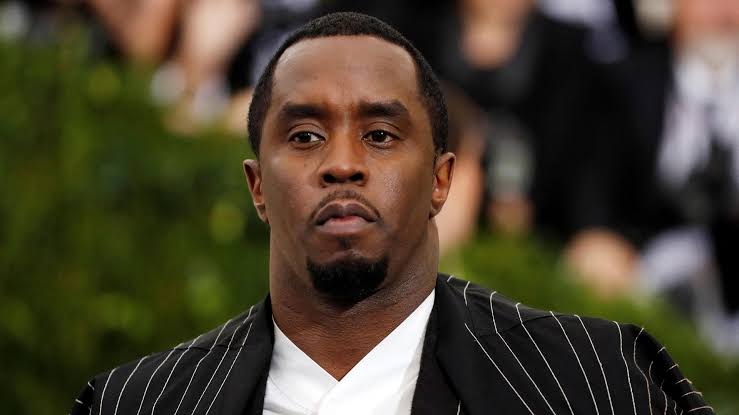The federal trial of Sean “Diddy” Combs reached a graphic milestone on its 24th day, as jurors were shown explicit videos described by prosecutors as “freak-off” sex tapes. These videos, viewed privately by jurors equipped with headphones in a Manhattan courtroom, formed a critical piece of evidence in the ongoing case against the music mogul, who faces charges of sex trafficking, racketeering conspiracy and transportation to engage in prostitution. The restricted presentation of the footage, coupled with audible leaks of graphic audio, heightened the trial’s provocative atmosphere, drawing significant attention to the allegations spanning two decades.
The videos, three in total and each approximately 11 to 12 minutes long, were played for jurors during the testimony of a Department of Justice special agent. Prosecutors used the clips to illustrate locations, specifically luxury hotels, where Combs allegedly orchestrated sexual encounters involving his former girlfriend, Casandra “Cassie” Ventura, and male escorts. Jurors viewed only 30-second segments of each video, a decision made to balance the evidence’s relevance with its explicit content, which reportedly included nudity and sexual acts.
Courtroom access to the videos was tightly controlled, with the public, press, and gallery barred from viewing or hearing the footage.
Despite these measures, graphic audio—described as including moaning and sexual sounds—leaked from the jurors’ headphones, becoming faintly audible to those in the gallery, including reporters and spectators. This unintended breach underscored the challenges of presenting such sensitive material in a high-profile case while maintaining courtroom decorum.
The prosecution’s focus on the “freak-off” videos aims to substantiate claims that Combs coerced individuals into participating in orchestrated sexual performances, often under the influence of drugs and intimidation. The allegations, detailed in a 14-page indictment unsealed in September 2024, assert that Combs ran a criminal enterprise from at least 2004 to 2024, using his Bad Boy Entertainment empire to facilitate these acts. The videos, prosecutors argue, provide visual evidence of the environments and activities central to the charges.
Combs, who has pleaded not guilty to all charges, maintains through his defense team that the sexual encounters depicted were consensual and part of private, adult relationships. His attorneys have challenged the prosecution’s narrative, questioning the credibility of witnesses and the context of the evidence. The defense has also highlighted Combs’ cooperation with authorities, noting his voluntary surrender in September 2024 after the indictment was unsealed.
The trial, now in its fifth week, has featured a range of testimony, from former employees to law enforcement officials, painting a complex picture of Combs’ business and personal life. The introduction of the videos marks a shift toward more visceral evidence, intended to corroborate earlier claims by Ventura and other alleged victims. Ventura, who settled a civil lawsuit against Combs in 2023 for undisclosed terms, has not testified but remains a key figure in the prosecution’s case due to her long-term relationship with Combs.
The special agent’s testimony provided additional context, detailing how federal investigators recovered the videos during raids on Combs’ properties in Los Angeles and Miami in March 2024. The agent described the meticulous process of cataloging evidence, including digital devices containing the footage, which was cross-referenced with hotel records and witness statements. This forensic approach aims to establish a timeline and pattern of behavior consistent with the racketeering allegations.
Jurors, tasked with evaluating the evidence impartially, appeared attentive but reserved during the video presentation, according to courtroom observers. The court has implemented strict protocols to shield them from external influence, including sequestration during deliberations and limited media access. The graphic nature of the evidence, however, poses a challenge to maintaining juror objectivity, a point raised by the defense in pretrial motions.
The trial’s broader implications extend beyond Combs, touching on issues of power dynamics in the entertainment industry and the use of explicit evidence in sex trafficking cases. Legal analysts note that the prosecution’s reliance on visual evidence, while impactful, carries risks of alienating jurors if perceived as overly sensational. The defense, meanwhile, continues to frame the case as a targeted attack on Combs’ success as a Black entrepreneur, a narrative that resonates with some of his supporters.
As the trial progresses, additional witnesses, including alleged victims and industry insiders, are expected to testify, further illuminating the scope of the allegations. The court has scheduled proceedings to continue through late June 2025, with a verdict anticipated in early July, though extensions are possible given the case’s complexity. Combs, detained without bail since his arrest, faces a potential life sentence if convicted on the most serious charges.




